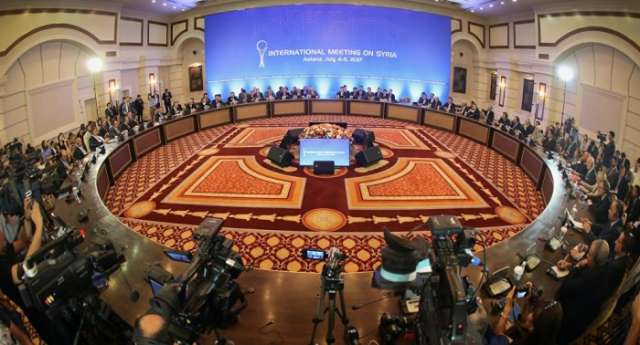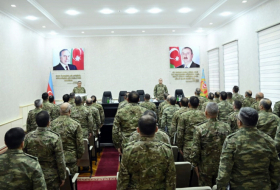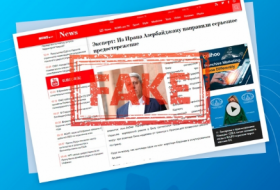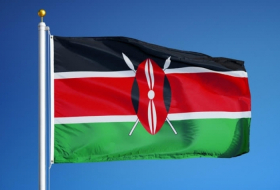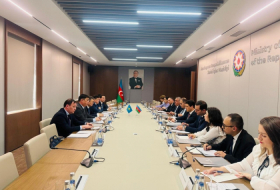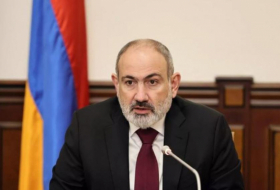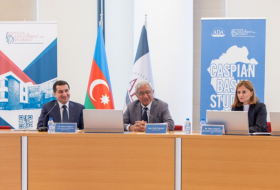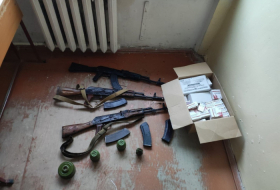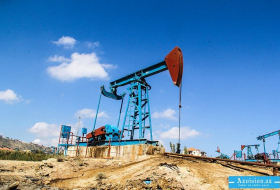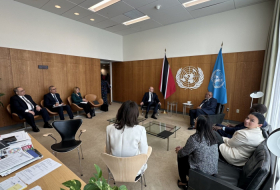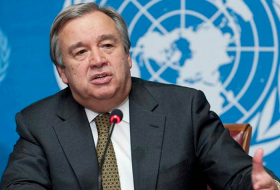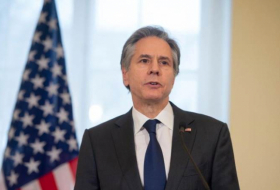Participants
The Russian delegation is headed by special presidential envoy for Syria Alexander Lavrentiev and also includes Director of Middle East and North Africa Department in the Foreign Ministry Sergey Vershinin and Gen. Stanislav Gadzhimagomedov.
The Iranian delegation is led by Deputy Foreign Minister for Arab and African Affairs Hossein Jaberi Ansari; the Turkish team — by Foreign Ministry's Deputy Undersecretary Sedat Onal.
The Syrian government delegation is headed by Syria's Envoy to the United Nations in New York Bashar Jaafari.
The UN side is represented by the group of experts headed by Milos Strugar. Special Envoy for Syria Staffan de Mistura is not coming to Astana-7.
Jordan and the United States act as observers. US acting assistant secretary of state for Near Eastern Affairs David Satterfield, who took part in Astana-6 meeting in September, will participate in the seventh round of the talks as well.
Agenda
The issues of the release of detainees and of the humanitarian demining on Syria are on the table as two draft documents.
The first one suggests establishing a Working Group comprising the representatives of the Syrian government, opposition, the UN and possibly the ICRC, with a view to organize the release by conflicting parties of arbitrarily detained persons and the hand-over of bodies, and ascertain the fate of missing persons.
The Working Group would prepare lists of detainees subject to release and appoint an international neutral mediator who would facilitate the actual release.
The other document proposes the creation of a broad international coalition with the participation of the UN Mine Action Service and UNESCO to work on humanitarian demining in the country.
Turkey and the opposition see the release of detainees as a priority, while humanitarian demining is of particular interest for the Syrian government and Russia.
The detainees issue is particularly sensitive, because the two Syrian sides have very different views on the numbers, and because names in the proposed lists need actual verification — many of them may no longer be alive.
It is not clear yet if the adoption of the humanitarian documents would come as a package or separately.
The process of the Syrian settlement has been evolving on two tracks. The Astana-format meetings that started in January this year have been devoted to solving military and de-escalation issues, while the UN-mediated talks in Geneva have focused on the political aspect of the settlement.
The latest international meeting on Syria in Astana in September managed to adopt a package of papers establishing four de-escalation zones in a war-torn country. Humanitarian issues, however, remained untouched due to the lack of time and reservations from both Syrian sides.
The next round of Geneva talks on Syria is expected to start on November 28.
More about: #Astana-talks








